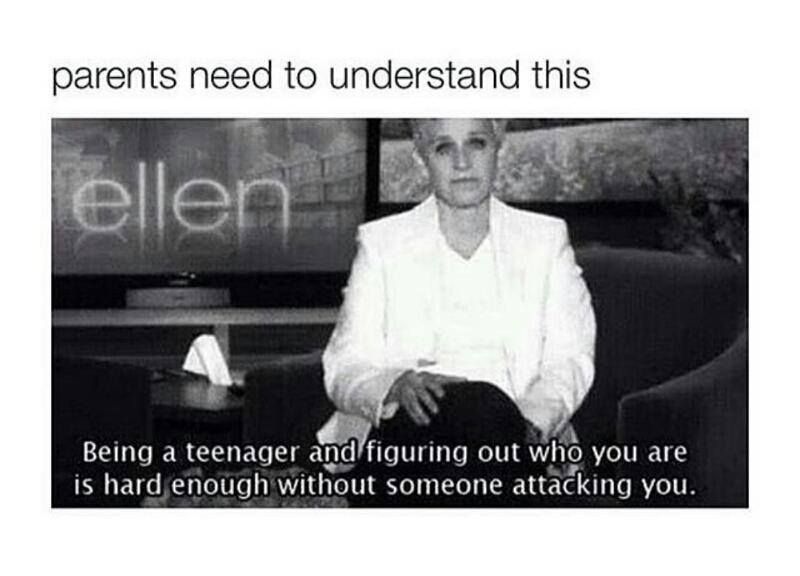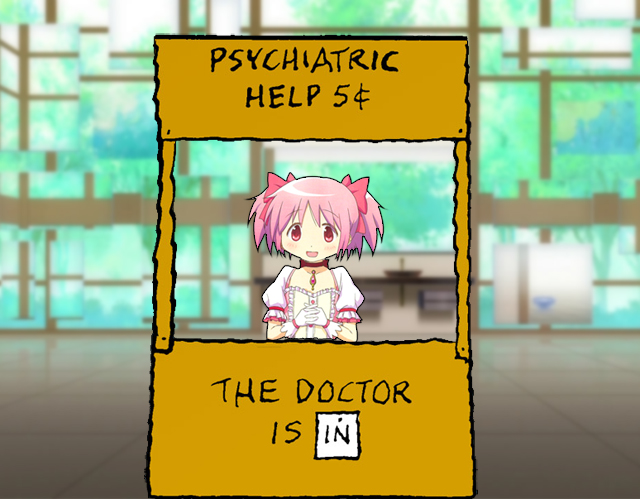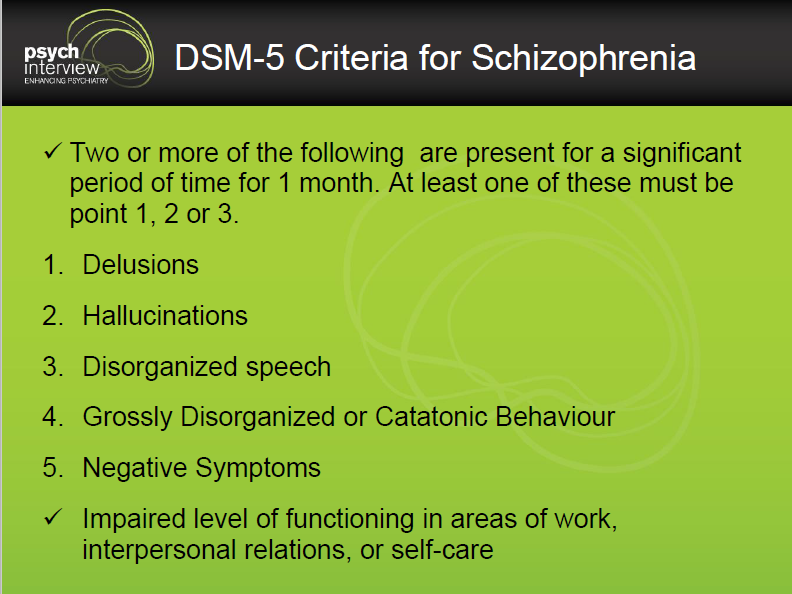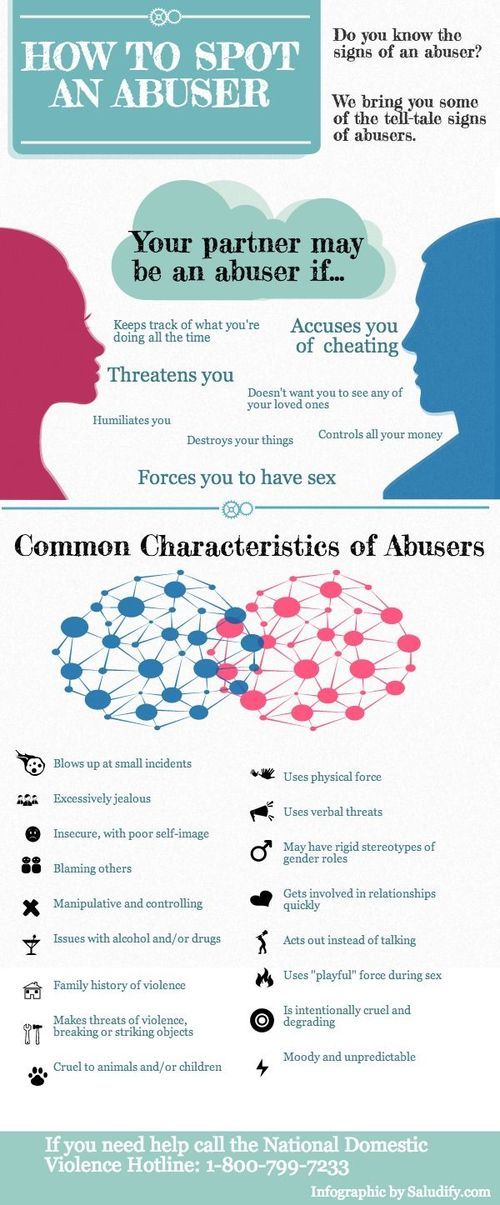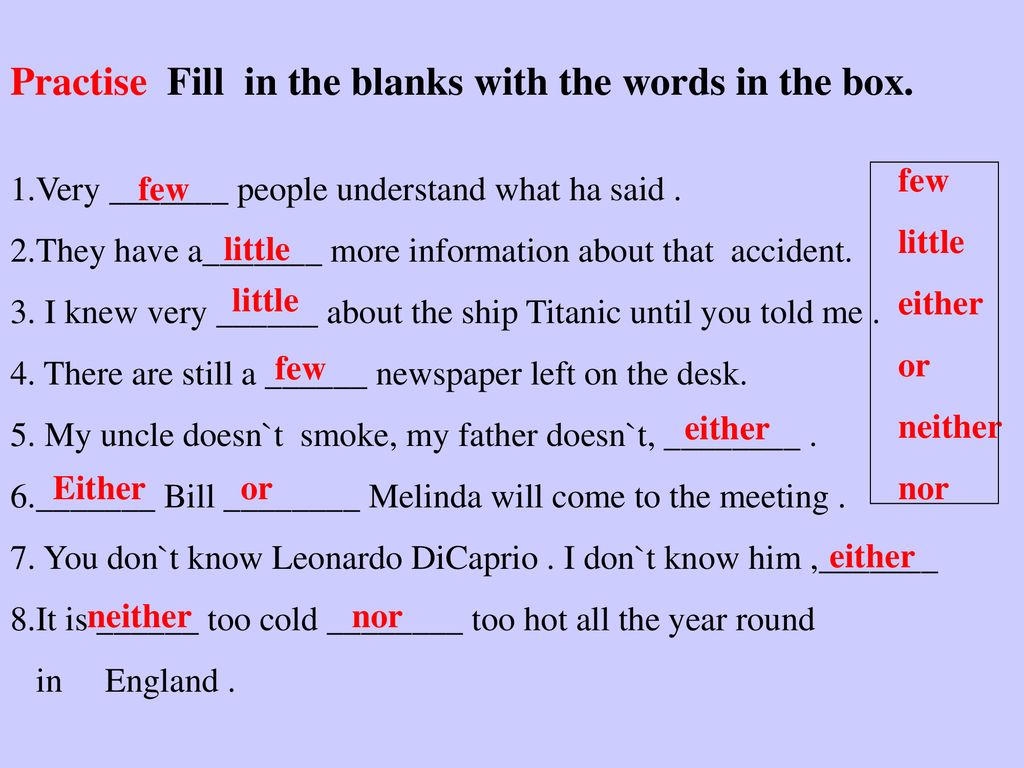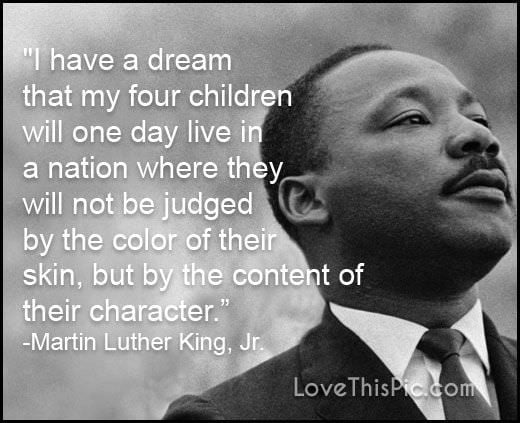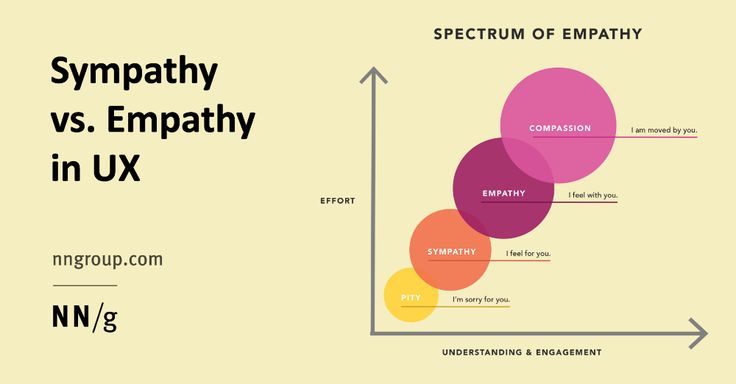Understand who you are
Know Yourself? 6 Specific Ways to Know Who You Are
"To know thyself is the beginning of wisdom." This famous quote is often attributed to Socrates. But what exactly do you know when you “know yourself?”
This post will reveal six elements of self-knowledge that can help you understand your own identity. As you live your daily life, you can look for clues to these important building blocks of the self.
But first, why is it important to know yourself?
The Benefits of Self-Knowledge
Maybe it’s obvious, but here, in a nutshell, are a few reasons why you might want to know your own nature:
- Happiness. You will be happier when you can express who you are. Expressing your desires will make it more likely that you get what you want.
- Less inner conflict. When your outside actions are in accordance with your inside feelings and values, you will experience less inner conflict.
- Better decision-making. When you know yourself, you are able to make better choices about everything, from small decisions like which sweater you’ll buy to big decisions like which partner you’ll spend your life with.
You'll have guidelines you can apply to solve life’s varied problems.
- Self-control. When you know yourself, you understand what motivates you to resist bad habits and develop good ones. You'll have the insight to know which values and goals activate your willpower.
- Resistance to social pressure. When you are grounded in your values and preferences, you are less likely to say “yes” when you want to say “no.”
- Tolerance and understanding of others. Your awareness of your own foibles and struggles can help you empathize with others.
- Vitality and pleasure. Being who you truly are helps you feel more alive and makes your experience of life richer, larger, and more exciting.
Now that you are convinced that self-knowledge is worth having (not that you needed convincing!), we’ll move on to those "VITAL Signs" of self-knowledge.
The Building Blocks of Self: Your VITALS
The capital letters in “VITAL Signs” form an acronym for the six building blocks of the self, or VITALS, for short.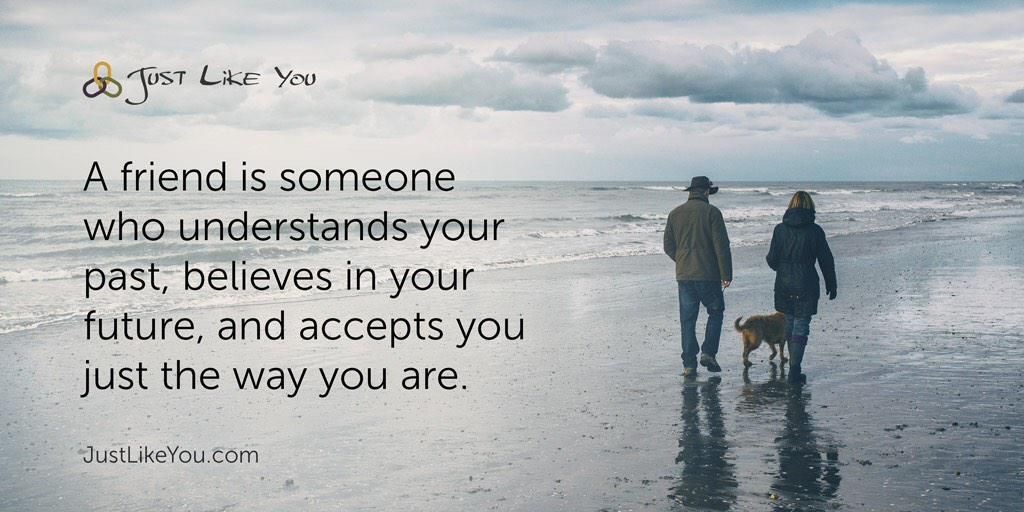 The letters stand for Values, Interests, Temperament, Around-the-Clock, Life Mission and Goals, and Strengths/Skills.
The letters stand for Values, Interests, Temperament, Around-the-Clock, Life Mission and Goals, and Strengths/Skills.
V = Values
“Values"—such as “helping others,” “being creative,” “health,” “financial security,” and so on—are guides to decision-making and motivators for goals. Research shows that just thinking or writing about your values can make it more likely that you take healthy actions. The motivation provided by worthwhile values can also keep you going even when you are tired, as shown in many psychology experiments. If you want to self-motivate, know your values! (For the research, click here.)
I = Interests
“Interests” include your passions, hobbies, and anything that draws your attention over a sustained period of time. To figure out your interests, ask yourself these questions: What do you pay attention to? What are you curious about? What concerns you? The focused mental state of being interested in something makes life vivid and may give you clues to your deepest passions.
Many people have built a career around a deep interest in something. For example, a friend of mine broke his leg when he was 11 years old and was so fascinated by the emergency room that he decided to become an emergency physician.
T = Temperament
“Temperament” describes your inborn preferences. Do you restore your energy from being alone (introvert) or from being with people (extrovert)? Are you a planner or go-with-the-flow type of person? Do you make decisions more on the basis of feelings or thoughts and facts? Do you prefer details or big Ideas? Knowing the answers to temperament questions like these could help you gravitate toward situations in which you could flourish and avoid situations in which you could wilt.
In the 60s, spontaneity was valued over planning. I tried hard to go with the flow, but it seemed to me that I wasted a lot of time that way. Going against the grain of my own personality turned out to be a daunting task that wasn’t really worth it.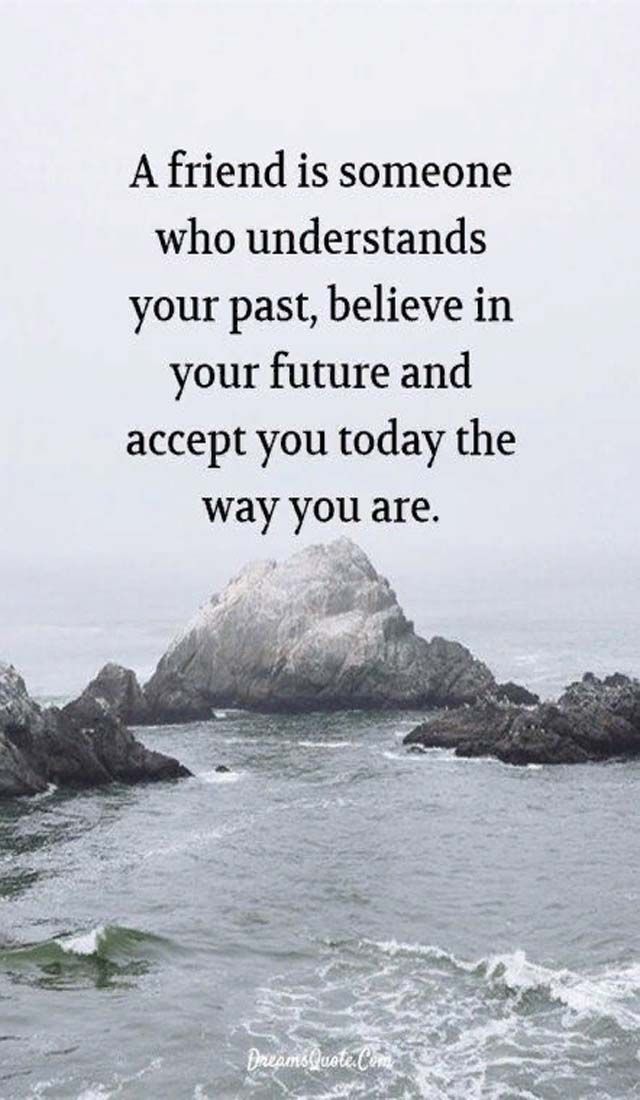
A = Around-the-Clock Activities
The “around-the-clock” category refers to when you like to do things—your biorhythms. Are you a morning person or a night person, for example? At what time of day does your energy peak? If you schedule activities when you are at your best, you are respecting your innate biology. As I look back on my life, I realize I’ve been a morning person since birth. Those fun sleepovers with girlfriends? I loved being included, but I didn’t like staying up late.
One joy of my adult life has been finding a partner with biorhythms like mine. We wake up early and go to bed early; we both get snappy unless we eat three square meals a day. We hate brunch. While the idea of biorhythm preferences may sound trivial compared to lofty qualities of the self like “values,” your daily life is more pleasant when you are in sync with your biology. In every area, it’s easier to enjoy life when you don’t waste energy pretending to be someone you aren’t.
L = Life Mission and Meaningful Goals
“What have been the most meaningful events of your life?” This was a question I liked to ask when students would see me for career counseling at the community college where I worked. One woman of about 40 years old got teary-eyed as she tried to answer. “Recently,” she told me, “I found it incredibly meaningful to care for my aging father as he declined and went into hospice. I was able to be there and hold his hand when he died.” As we talked about the difficulties and rewards of her father’s last days, she had an “aha” moment and realized she wanted to become a hospice nurse. (She accomplished her goal and was one of the leaders of her class.)
Ask yourself the same question: “What have been the most meaningful events of your life?” You may discover clues to your hidden identity, to your career, and to life satisfaction.
S = Strengths
"Strengths" can include not only abilities, skills, and talents, but also character strengths such as loyalty, respect for others, love of learning, emotional intelligence, fairness, and more. Knowing your strengths is one of the foundations of self-confidence; not being able to acknowledge your own superpowers could put you on the path to low self-esteem. Become a person who “takes in the good,” listening for compliments and noticing skills that could be clues to your strengths. Here's an example: An acquaintance tells you that she loves the soothing sound of your voice. What could you do with that knowledge? Likewise, knowing your weaknesses can help you be honest with yourself and others about what you are not good at. You might decide either to work on those weaknesses or try to make them a smaller part of your personal or professional life.
Knowing your strengths is one of the foundations of self-confidence; not being able to acknowledge your own superpowers could put you on the path to low self-esteem. Become a person who “takes in the good,” listening for compliments and noticing skills that could be clues to your strengths. Here's an example: An acquaintance tells you that she loves the soothing sound of your voice. What could you do with that knowledge? Likewise, knowing your weaknesses can help you be honest with yourself and others about what you are not good at. You might decide either to work on those weaknesses or try to make them a smaller part of your personal or professional life.
Being True to You
Even if you know your "VITAL Signs," it’s hard to remain true to yourself because you are constantly changing and because society’s values often conflict with your own. I love this quote from fellow habits author Gretchen Rubin:
"My first commandment is to “Be Gretchen”—yet it’s very hard to know myself.
I get so distracted by the way I wish I were, or the way I assume I am, that I lose sight of what’s actually true."
For all of us, being yourself sounds easier than it actually is. But there are a few signposts. When you’ve made a discovery about one of your "VITAL Signs," you’ll feel a sense of excitement. Acting on self-knowledge will give you energy and save you energy. You’ll feel freer and stronger because you no longer conform to how you “should” feel, think, or act. For example, I can remember my relief when I realized I was an introvert. How comforting it was to give myself the gift of time alone without wondering if I were a freak of nature!
Next Steps
This week, pay attention to these six aspects of your personality. What do you notice?
© Meg Selig, 2016.
6 Steps to Discover Your True Self
To discover your true self is the most important skill you can possess. When you know who you are, you know what you need to do instead of looking for permission from others.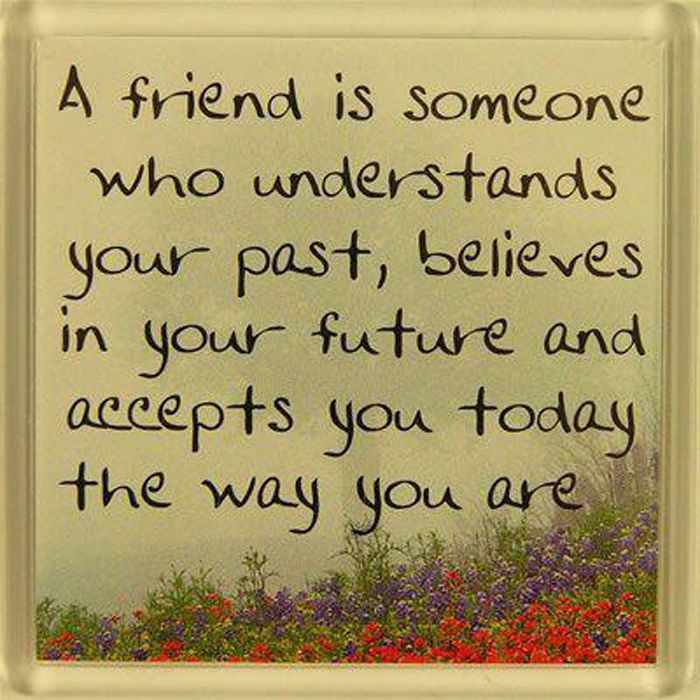 It allows you to bypass tons of frustration caused by putting time into the wrong things. Yes, life is supposed to be full of trial and error, but this lets you find the best areas for you to experiment with. Once you know yourself, you will become more confident, you will understand your purpose, and you will begin making a bigger impact on the world.
It allows you to bypass tons of frustration caused by putting time into the wrong things. Yes, life is supposed to be full of trial and error, but this lets you find the best areas for you to experiment with. Once you know yourself, you will become more confident, you will understand your purpose, and you will begin making a bigger impact on the world.
So how can you know who you are and what you ought to do in life? Here are the six steps you need to take in order to know your true self:
1. Be quiet.
You cannot and will not be able to discover yourself until you take the time to be still. Many people don’t know themselves because any sort of silence scares them; it’s too uncomfortable to be alone with every flaw staring back at them. But it isn’t until you get alone, evaluate yourself and are completely truthful with yourself that you will actually be able to see every facet of your life—the good and the bad. Be quiet and discover your true self.
2. Realize who you truly are, not who you want to be.
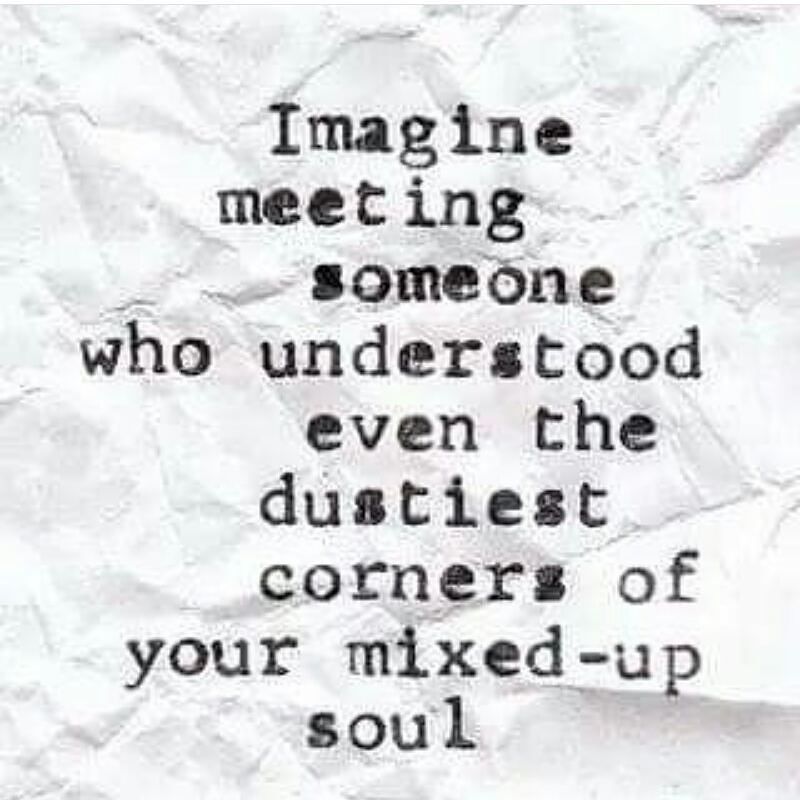
I know you already have a set idea of who you desperately want to be, but it might not be who you were designed to be. When you know who you are, you will finally see where you and your specific gifts fit into the bigger picture.
And although there are many points along your journey to help you discover yourself, the best way to begin is to take a personality test and the StrengthsFinder test. (If it’s been five or more years since you’ve completed either of these, take them again.) No, these self-evaluations aren’t perfect, but they do pinpoint your top areas of strengths, so you can focus on the change you were meant to bring into the world.
3. Find what you are good at (and not good at).
This might be the most difficult step in discovering who you truly are, but it’s a necessary one. Sure, it takes trial and error to find what you’re good at, and no, I don’t want you to give up before you’ve had more than enough attempts, but knowing when to quit is a gift that everyone needs to learn.
Quit when you’ve put in ample time and your efforts aren’t giving back. What is ample time? Only you can decide that. But when you quit correctly, it isn’t giving up, it’s making room for something better. When your actions do nothing but drain you—rather than produce more passion and increase your drive to do more—that’s a good sign it is time to focus elsewhere. Your strengths will show you who you are.
4. Find what you are passionate about.
Following passion of any kind is a good thing, and you need to pay attention when it comes because it shows an area of life that you need to pay more attention to. If we’re talking about following your passion in work, it’s a good thing. And if we’re talking about having more passion for life, it’s a good thing. Focus more on passion; understand yourself in better ways, and you’ll make a bigger impact. Passion produces effort and continuous effort produces results, which produces a deeper discovery of your true self.
5.
 Ask for feedback.
Ask for feedback.If you don’t know yourself, hearing what others have to say about you is a helpful practice. Ask them two simple questions: “What strengths do you think I need to develop further?” and “What weaknesses do you think I need to work on?” Of course, their opinion isn’t going to be perfect, but their feedback will probably indicate a few areas you should at least take a second look at. This step is especially important for those who are stuck in finding themselves. Sometimes those closest to us can see something we might not be able to see in ourselves.
6. Assess your relationships.
A large aspect of discovering yourself can be found in your relationships. When you realize you’ll never truly know anyone else until you discover yourself, the importance of knowing yourself becomes even more apparent. This truth especially rings true for business leaders, because if you don’t know the people on your team, then you will be lost as a leader. But this rule also applies to any relationship in your life.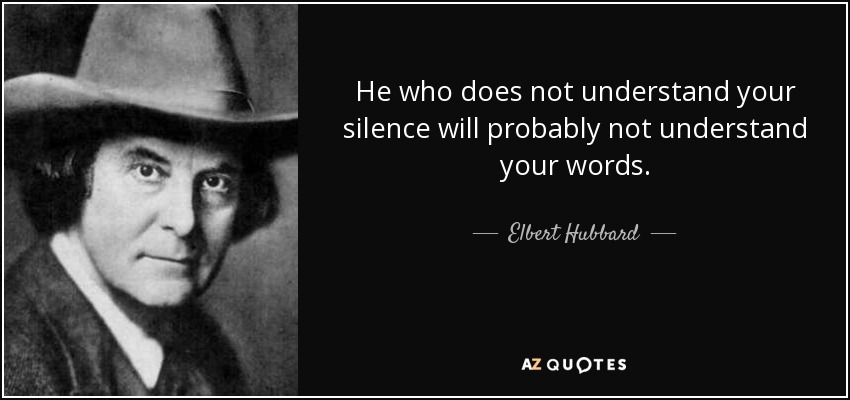 Almost as much as you need to know yourself, other people also need to know who you are. People need you—the real you.
Almost as much as you need to know yourself, other people also need to know who you are. People need you—the real you.
Use your reflections to fight your biggest fears, because when you understand who you are, your purpose will finally become bigger than your fears. When you realize who you are, you will spend less time spinning your wheels. Focusing on your strengths gives you the needed traction to make a bigger and better difference in the world. When you know yourself, you will find more peace, and you will find success quicker than ever before.
Now go take action and find your true self, starting today.
Photo by @the_brookedavis/Twenty20
Adam Smith
Articles
Adam Smith is the author of the book, The Bravest You. He is an entrepreneur, consultant, and speaker. You can find out more about Adam at asmithblog.com.
How do I know who I am? | PSYCHOLOGIES
Review your history
In order to pronounce “I” with full right, you need to understand and accept the past of your family, consciously take your place in it.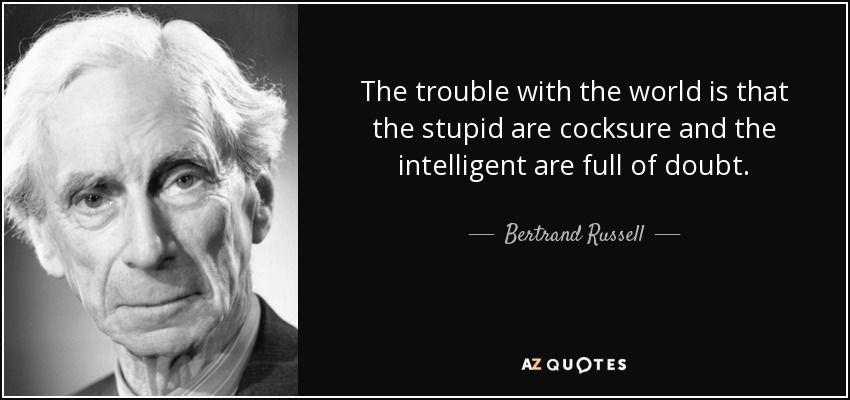 The situations in life that we accept or reject become the building blocks that make up who we are. And in order to become ourselves, we need to consciously choose what we feel good in ourselves, and get rid of what torments us.
The situations in life that we accept or reject become the building blocks that make up who we are. And in order to become ourselves, we need to consciously choose what we feel good in ourselves, and get rid of what torments us.
Distinguish yourself from your social role
We may think of ourselves mostly as a professional or, say, a mother of a family, as if locking ourselves into a single image. But during the day, a person can be a worker and a friend, a parent and a spouse, be sad and angry, love and remain indifferent.
These states have to be constantly coordinated with each other. Those who think: "I have become myself and now I will remain so forever" are mistaken.
Continue to develop
“I am like that and I can’t help myself”, “I have such a character” - who among us has not heard such phrases? Sometimes we begin to believe that we have finally formed, that all the properties of our personality and character traits are unchanged. nine0005
But having taken such a position, a person limits himself, he does not allow himself to move forward, to develop, and therefore fences himself off from himself.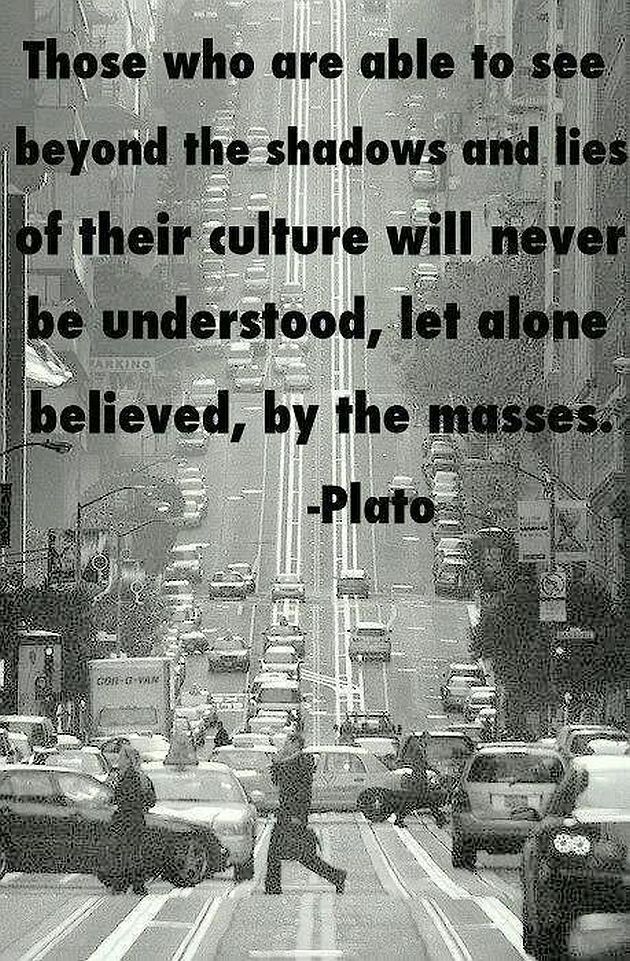 The path to yourself is constant development and change.
The path to yourself is constant development and change.
Be authentic in communication
Some people think that being yourself means telling everything about yourself and telling others frankly what you think of them. In fact, our task is to find a correspondence between our own thoughts, feelings and what we express to another person. nine0005
If, while communicating, I understand what is important to me, I assume what is important to the interlocutor, I take into account the place and time of communication, I will be able to express my thoughts and feelings without violating the boundaries of the other.
Recognize negative feelings
Repressed memories, emotional traumas, unconscious desires prevent you from being sincere. We do not admit them to ourselves because we are unconsciously afraid of their destructive power. But if we work with them, studying ourselves, then we begin to communicate with others in a different way. nine0005
This enriches and simplifies our lives: it makes it possible to experience feelings more vividly, speak more freely about oneself and one's desires, and at the same time removes the heavy need to pretend or embellish oneself.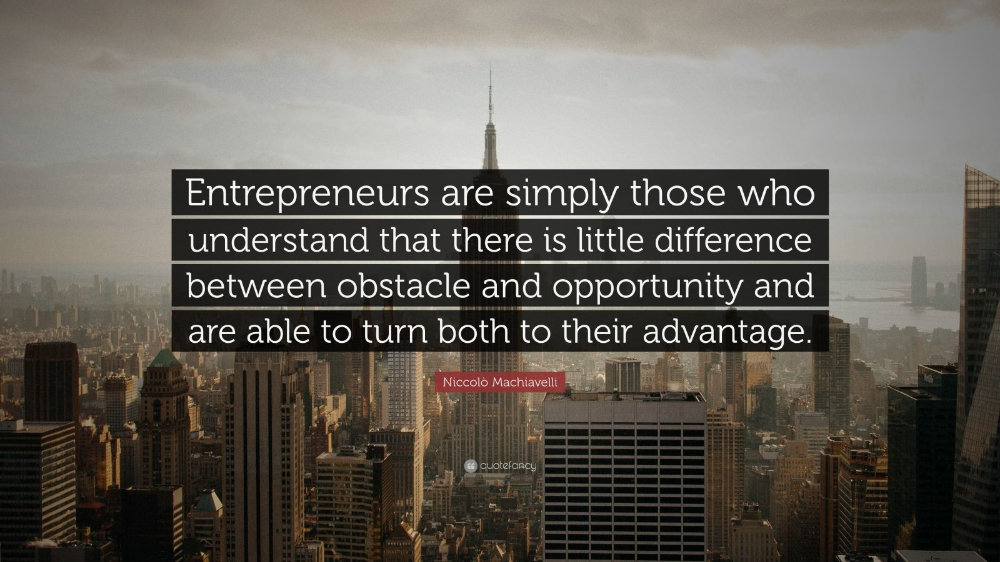
Determine the limits of your capabilities
Realizing that we are not able, do not want or do not have time to do something, we experience strong and not always pleasant emotions, but as a result we begin to understand ourselves much better.
See yourself from the outside
It is important to distinguish between an inner feeling that makes it clear whether we are now playing a role or living our own life. In each of us there is an "other-in-us" that helps to notice and correlate our feelings, thoughts and actions with each other.
This other is not an overseer and not a judgmental intellectual. Rather, it can be compared with a kind of angel who carefully turns us to ourselves.
how to understand yourself? 8 steps
Who am I? This question catches by surprise even in adulthood. But a scene from the Harry Potter book immediately pops up in his memory: Hagrid tells the boy that he is a wizard. To which he replies: “I can’t be a wizard.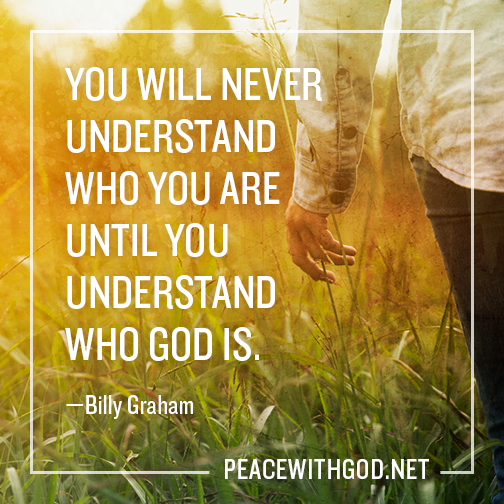 Because I'm just Harry." The path of self-knowledge took a long 7 volumes. And this is in the presence of spells for a magic wand. But we also have magical attributes at our disposal: books, advice from psychologists and trainers. Didn't work the first time? Nothing, the rat did not immediately turn into a vase either. nine0005
Because I'm just Harry." The path of self-knowledge took a long 7 volumes. And this is in the presence of spells for a magic wand. But we also have magical attributes at our disposal: books, advice from psychologists and trainers. Didn't work the first time? Nothing, the rat did not immediately turn into a vase either. nine0005
The good news is that all the advice you need has already been given. The wisdom of self-knowledge was formed back in the time of Archimedes and has only slightly changed over time. The bad news: prescriptions don't help. Why? There are three reasons:
- It is beneficial for people to remain in a childish state of helplessness. They know how to act, but choose the usual comfort and doing nothing.
- A sincere desire to help oneself is not enough. For every piece of good advice, you need a dozen more on how to implement it. nine0048
- Many expect miracles with minimal energy. Impatient researchers want to learn the language in one evening and become an advanced yogi after a week of meditation.
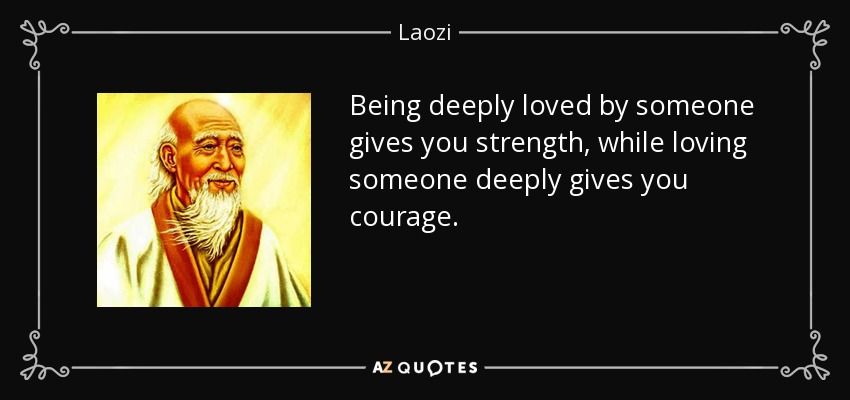
Below is a checklist of seven points for working on yourself. A checklist is a list of checks. Passed the test - put a tick, crossed out the item, felt relieved. The list can be corrected or supplemented.
1. Adopt parents.
Blaming parents for their own failures has already become a trend. It makes no sense. Firstly, they raised their children as best they could, did not read columns in psychological journals, and sometimes simply survived. Secondly, adult life lasts much longer than childhood, so there is every chance to educate yourself. nine0005
But it is not easy to sincerely forgive a person whom one used to look up to. It's even harder to accept the fact that you have a lot in common. The staging of reconciliation will only leave a residue in the soul, but will not bring relief.
Take a personality test
Forgiveness is a hard journey, hard to start and impossible to finish. But there are a few tricks:
- You can ask for forgiveness in absentia.
 In life, this is called "getting into someone else's shoes," and in psychology there is a method of two chairs. nine0048
In life, this is called "getting into someone else's shoes," and in psychology there is a method of two chairs. nine0048
How it works . Take 2 chairs. Sit on one yourself, on the other, sit an imaginary parent. Imagine him in detail: clothes, features of appearance, manner of sitting. Express a claim to an imaginary dad or mom. After that, sit in their place and try to assess the situation in terms of their reality. And so you can transplant for a long time, but do not overdo it. What has accumulated over the years cannot be fixed at once.
- You can not forgive. You just need to learn to live with it. As the heroine of the film answered the question of whether she managed to make peace with her mother: “My mother and I agreed that we refuse to understand each other.” nine0048
2. Take the starting conditions as given.
We did not choose in which country and family we would be born. They did not choose the date of birth and the place in which they grew up.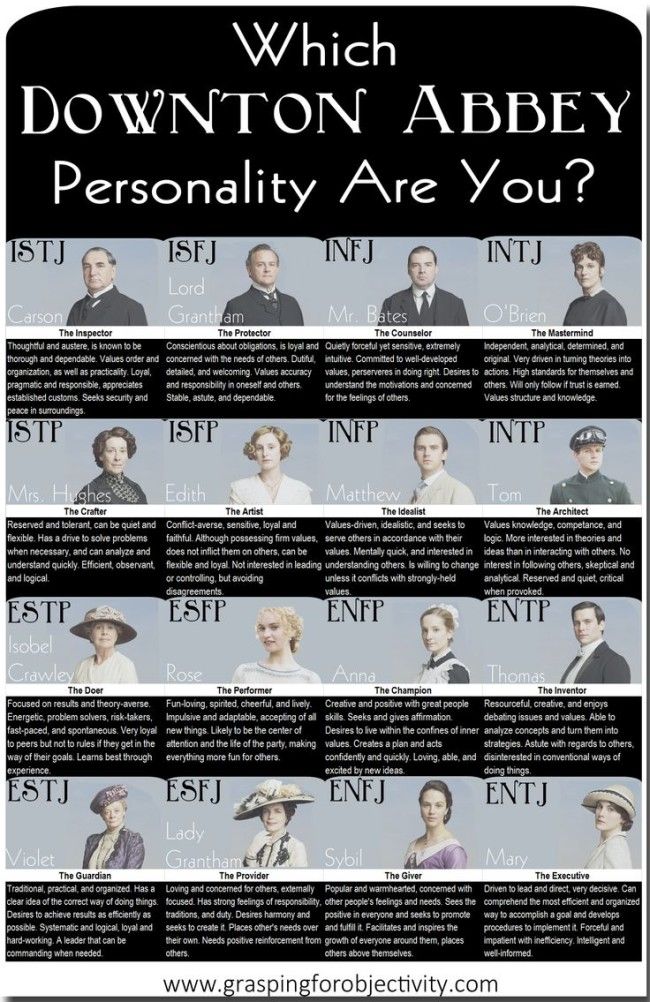 This must be taken for granted. If this is not done, you can live your whole life, tormented by comparisons: “but if I…”, “be with me…”. Such an illusion of choice causes only resistance. By accepting what is, we lay the foundation for accepting ourselves. Then we get one more "adult" right - the right to choose. To choose where to work, not because, once, parents forced me to graduate from a university, but because I so want to. Live your own life the way you see fit. nine0005
This must be taken for granted. If this is not done, you can live your whole life, tormented by comparisons: “but if I…”, “be with me…”. Such an illusion of choice causes only resistance. By accepting what is, we lay the foundation for accepting ourselves. Then we get one more "adult" right - the right to choose. To choose where to work, not because, once, parents forced me to graduate from a university, but because I so want to. Live your own life the way you see fit. nine0005
3. Accept yourself.
Loving yourself is the most controversial advice that has already set the teeth on edge. It causes constant controversy of psychologists and researchers. Some believe that such a verbal appeal is naive. This is achieved by long-term behavioral training. Others prove that it is easy to love yourself and offer themselves as a mentor. In any case, you need to love yourself, otherwise why look for a way to what you don’t love.
We believe that it is much easier to love a slim self than a fat one.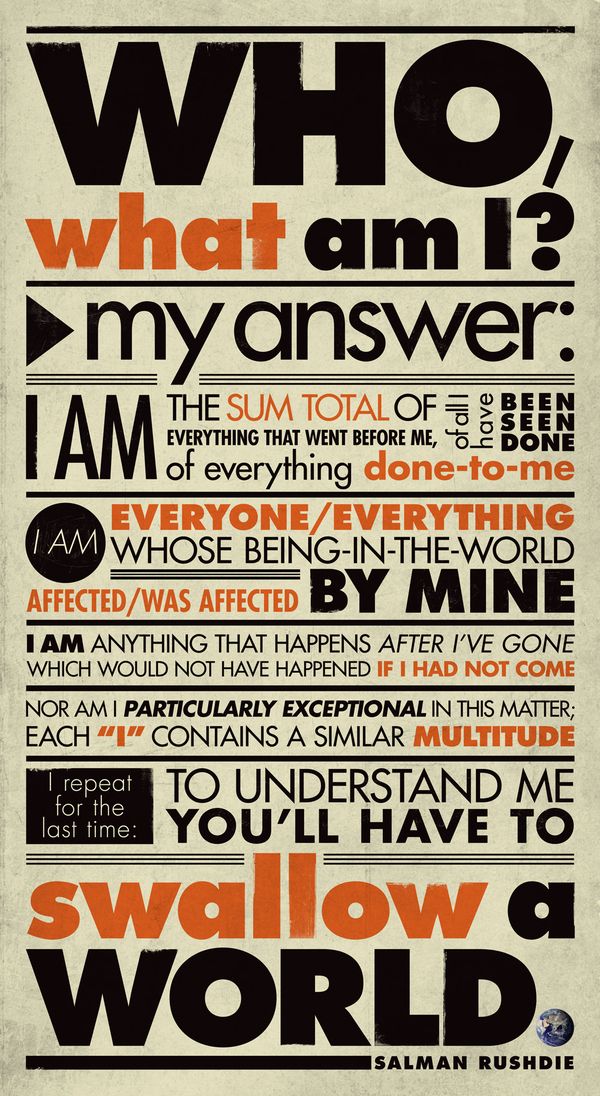 Or you can respect yourself as a successful person, but I, a loser, deserve only contempt. In fact, everything is exactly the opposite. Behind the simple phrase “love yourself” lies a bottomless layer of work on yourself. It sounds grandiloquent, but what is, that is - you will have to dig long and deep. No one knows how to do this from beginning to end. nine0005
Or you can respect yourself as a successful person, but I, a loser, deserve only contempt. In fact, everything is exactly the opposite. Behind the simple phrase “love yourself” lies a bottomless layer of work on yourself. It sounds grandiloquent, but what is, that is - you will have to dig long and deep. No one knows how to do this from beginning to end. nine0005
There is not only one piece of advice, there is no single methodology. Someone explores himself through trying to love his own body. Someone is trying to establish social contact, and the usual hugs are already a feat for him. Someone parted with illusions about their own omnipotence. Need to find. Need to try. Get angry, quit and look again. And in this difficult matter, a practicing psychologist and the technique of "small steps" will help.
How it works . Set yourself specific and measurable goals in time, actions or numbers. Then we can observe the result, find a reason to be proud of ourselves and begin to feel the path on the way to ourselves.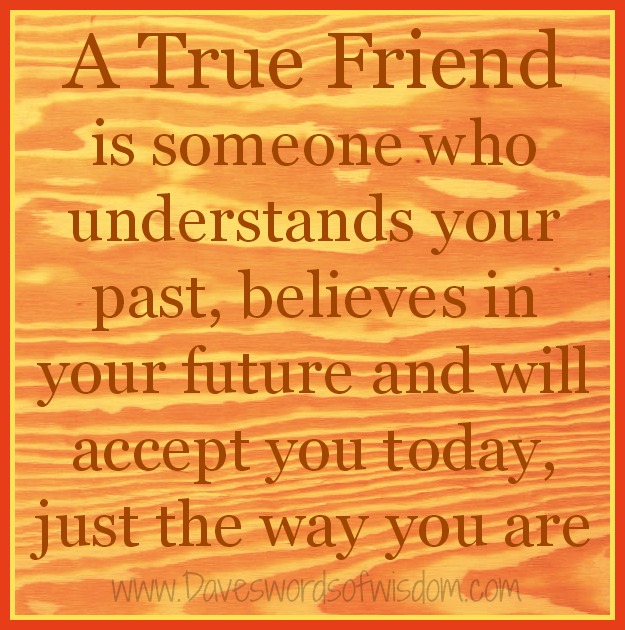 nine0005
nine0005
Wrong goal setting. Get rich / Lose weight
Correct goal setting. Next month (term) earn 10% more (figure) than last month / Lose two kilograms in a month. But before that, at least weigh yourself.
Result . Review the results after the agreed time. Things have gone - set a new goal. But just as fearless and measurable.
Pass a self-esteem test
4. Dose bigotry. nine0057
We love to go to extremes. For years we neglect physical education, then we come to the gym, we tear the barbell and ligaments. We go with the flow, we are suddenly puzzled by the question of self-knowledge and away we go: tons of literature that is not only impossible to understand, it is impossible to read, seminars and an endless echo of the phrase: “Am I a trembling creature or do I have a right?”.
Don't introspect at work, when you're out with family, or when you're out with friends. It is impossible to be turned on all your life, otherwise there will not be enough alcohol to relax. Take some time for introspection, so you can talk with an intelligent person in a relaxed atmosphere. nine0005
Take some time for introspection, so you can talk with an intelligent person in a relaxed atmosphere. nine0005
5. Distinguish between persistence and obstinacy.
Lack of flexibility hinders life and work. It is especially significant for leaders. Many of them behave too authoritarianly, because they are afraid of the laxity of subordinates. Others, on the contrary, play democracy and complain that they are not taken seriously. The solution is that at some point you should be persistent, but you need to be able to listen and hear others.
Persistence is flexibility and receptivity to change in order to achieve one's own goal. It does not manifest itself to the detriment of one's own principles, but it does not allow one to isolate oneself from others. Finding the answer to the question "Who am I?" is an unfinished process. Man is an open system, constantly changing and unpredictable. It is important to understand what set of beliefs is driving you towards your goal and adjust it on the path of self-discovery. nine0005
nine0005
6. Correlate the scale of values and emotions.
Often we value what is customary to do in society. Or we want to look good in the eyes of others. But inside something always does not fit together, some kind of incompleteness is felt. There is an exercise to clarify the issue.
Exercise . Divide a sheet of paper into 2 parts. On the left, write 10 values in life: on top - the most important, and move downward to the bottom. In the right column, write 10 joyful occasions, also in descending order. Now compare these 2 lists to understand how values or priorities correspond to emotions in specific cases. nine0005
A paradox, but often they are diametrically opposed. So, opposite to playing sports, there is pleasure from the eaten burger. It turns out that significant life events excite the imagination less than simple everyday trifles. This is where the question of disagreement arises between the concepts of “must” and “important”. If they do not match at all, then you are at the very beginning of the path to yourself.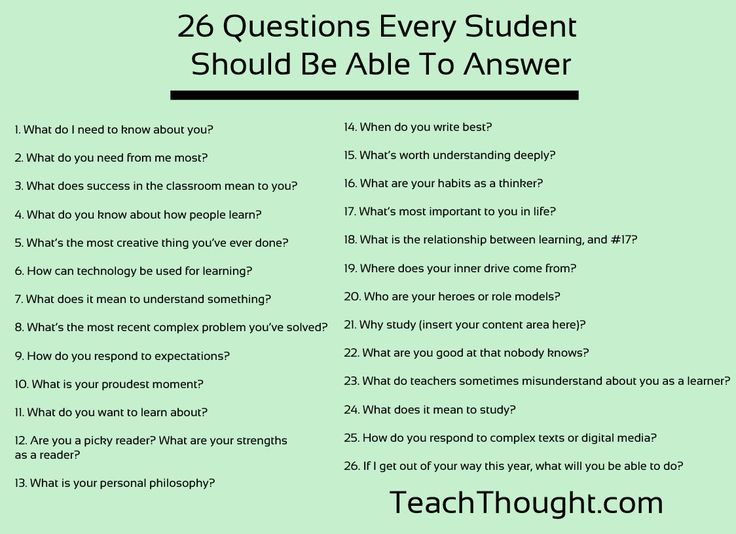
Take a character test
7. Listen to the strings of the soul.
Man lives in sensations: physical, emotional and mental. How to understand yourself? From time to time sit on the banks of a real or imaginary river and think about your destiny. If the strings of the soul are ringing, it is worth continuing to do your job. If not, you need to work on yourself further. nine0005
Life advice from Peter Mamonov (actor, musician, poet): “Ask yourself the question: why do I live? Just so, really ask. If no one felt good today because I lived a day, then I lived it in vain.
8. Diary or fashion freewriting.
Many people know about the benefits of keeping a diary. There is another effective way to understand yourself - freewriting.
Freewriting is a way to identify useful ideas in the general flow of thoughts.
How it works . Take a few sheets of paper, a pen that writes, set a timer for 20 minutes and write whatever comes to mind.